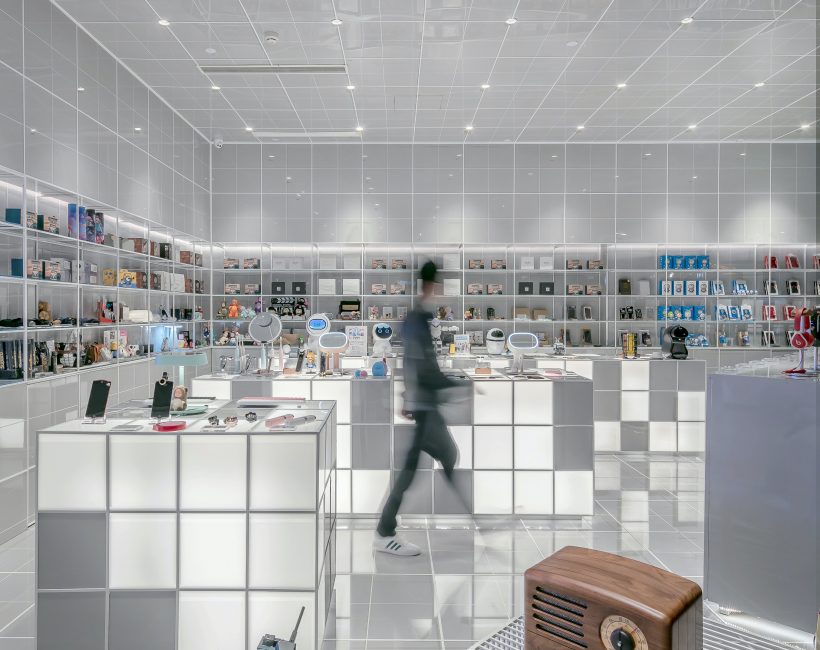Stationary trade in retail
How can brand manufacturers provide useful support?
The importance of stationary trade in retail for the sales of brand manufacturers has been decreasing for years. Online trade is not only becoming more relevant because of possible price advantages. But also because of the very high process and service quality. This development has been significantly intensified by the Covid-19 pandemic in recent years. But where is stationary retail headed in the future? And how can brick-and-mortar retail score compare to online retail? Or does the answer perhaps lie in an ideal combination of both options? This blog will attempt to address some of these issues.
Advantages of stationary trade
Not only online trading has specific advantages. Stationary trade also offers a number of advantages that online trade is currently unable to address in this form, or only partially.
- Personal consultant and service
- Optimal testing of the products in a demo mode or from the haptic appearance and processing of the products
- Direct comparison on the shelf of similar products
- Immediate pick-up of available products (although this advantage may soon no longer exist, e.g. due to very short-term deliveries from Amazon)
- “Experience shopping” – combination of the actual purchase with additional experience-oriented elements around the product portfolio and the purchase
Home work for stationary retail
The process and service quality of online trading has already reached a very high level. And unfortunately – at least from the point of view of a stationary retailer – the speed of optimization is still high. In addition to improving quality, the focus is still on optimizing the cost structure and optimizing the costs of customer acquisition. In order to counteract this dynamic, the stationary retailer is forced to do some homework. Not just once, but regularly in the sense of continuous improvement. Examples for this are:
- Use of an intelligent replenishment process (e.g. VCS orders) for optimal availability
- Migration of manual selection of relevant products to data-driven product selection
- Supply of online product information at the POS
- Creation of possibilities for ordering non-stationary or alternative products directly at the POS
- Addition of suitable experience elements in the store
- Use of intelligent and automated price tags
Role of brand manufacturers in the channel structure
Also brand manufacturers have a great interest in a channel structure that is as balanced as possible. Both in terms of the actual customer and the type of channel. The respective individual structure will certainly vary from manufacturer to manufacturer and is correspondingly strategy-dependent. Nevertheless, the manufacturer can create appropriate framework conditions for a suitable channel structure in its GoTo Market model. Examples for this are:
- Establishment of a pricing model in which bricks-and-mortar retailers can achieve increased bonuses through appropriate regulations for additional services offered. VCS Invest, for example, is ideal for handling such a system.
- Minimization of price pressure in retail by focusing the sales model on sales instead of sell in. This process is supported by replenishment systems such as VCS orders.
- Use and control of selective sales models to strengthen the brand and the authorized dealers, both online and stationary. See also the VCS case selective sales process.
- Provision of experience-oriented promotions for stationary trade.
How do you see the situation of stationary trade vs. the online channel? We would be happy to discuss this topic with you and show you how vcs can support you in the management of all indirect sales channels. Contact us.
Your Contact Person

